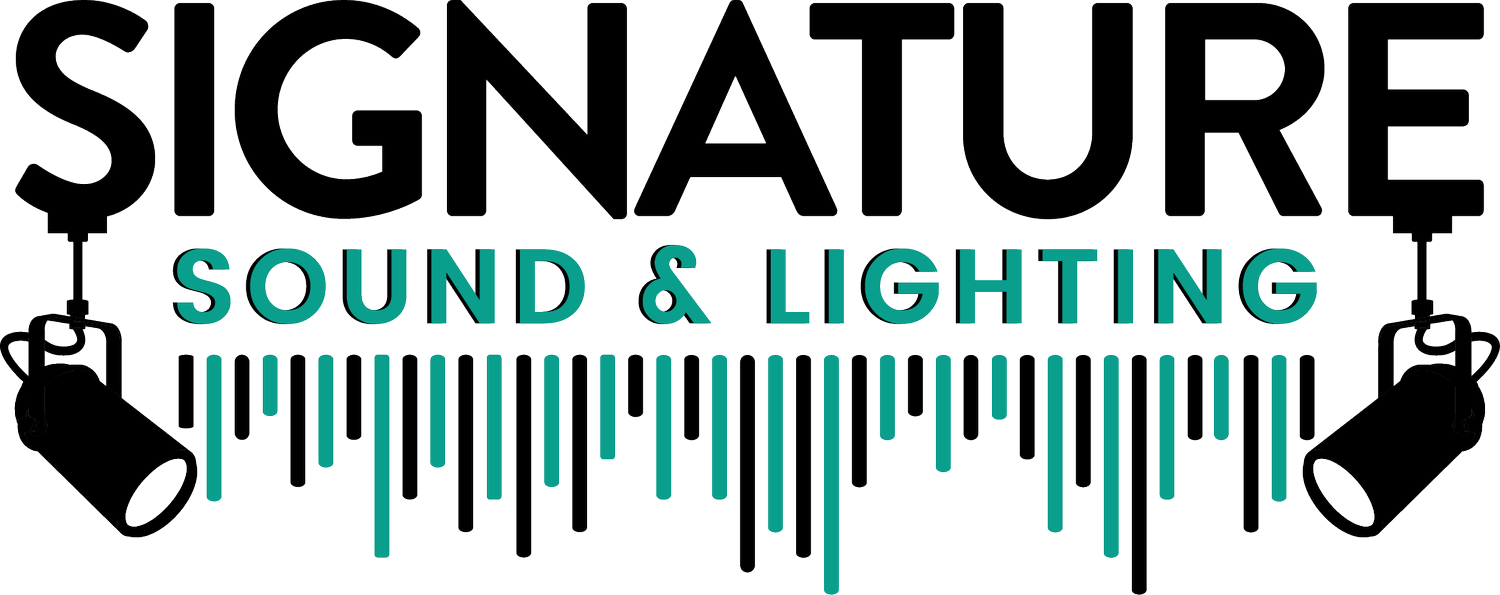How To Plan A Successful Corporate Conference
A comprehensive guide to planning an effective corporate conference.
Corporate conferences are important occasions in the corporate world because they allow for professional networking, knowledge exchange, and collaboration. A successful corporate conference, however, demands careful planning, close attention to detail, and a strategic approach. In this article, we'll go over the essential phases in corporate conference planning to make sure your event is a success.
I. Outlining the Conference's Goals
Setting clear goals for your business conference is an essential first step. The event's goal should be made very clear, whether it is to inspire, educate, launch new products, promote networking, or other. Understanding the desired outcomes can help you make sure that all following choices and actions are in line with these goals, resulting in a focused and successful conference.
II. Establishing a Budget
A realistic budget is one of the most important components of conference planning. Take into account all the essential costs, including rent for the venue, catering, audiovisual equipment, promotion, speaker fees, and supplies for attendees. It's crucial to wisely distribute finances, giving top priority to initiatives that support the conference's goals. Without sacrificing quality, you may ensure a successful event by controlling your budget properly.
III. Choosing the Right Location
Selecting the ideal location is a crucial choice that has a big impact on the overall conference experience. Considerations should be made for elements including capacity, location, accessibility, and available amenities. The location should be appropriate for the target audience and provide the required infrastructure for presentations, workshops, and networking events, whether it's a hotel conference room, convention center, or distinctive event space. Make a decision after doing extensive research and visiting the site.
IV. Creating a Program
To draw participants and provide value, it is crucial to provide an engaging and varied program. Invite skilled speakers to share their expertise on important issues and themes that are in line with the conference's aims. To accommodate various learning styles and interests, aim for a combination of keynote lectures, panel discussions, workshops, and interactive sessions. Make sure the program allotts enough time for networking activities, as these encounters frequently result in beneficial contacts and partnerships.
V. Marketing
A thorough marketing plan is essential to increase attendance and generate excitement about your conference. Utilize a variety of channels, such as targeted advertisements, industry journals, social media platforms, and email campaigns, to reach your target market. Emphasize the conference's standout features, including its keynote speakers, timely subjects, and networking possibilities. Reduced registration fees and a sense of urgency to guarantee attendance can encourage early registration.
VI. Logistics Coordination
Pay close attention to the small print of the logistics to guarantee a seamless conference experience. Make arrangements for guests' transportation, especially if the conference location is far from major airports or transit hubs. Work with suppliers to arrange for audiovisual equipment, catering, signage, and registration supplies. Here at Signature Sound & Lighting we’ll help you decide what you need when it comes to microphones, music, projectors, TVs, and more. Check out our article on key audiovisual considerations to learn more about technology requirements. It helps t have a committed group of employees or volunteers to help out with the registration process and attendee support on-site. Walkthroughs and rehearsals should be conducted to resolve any potential difficulties before the event.
VII. Engaging Sponsors and Exhibitors
In addition to offering financial support, sponsorships and exhibitor booths enhance the conference. Look for collaborations with businesses and groups who share the concept and target demographic of the conference. Offer a range of sponsorship tiers, each with unique perks and visibility possibilities. Make an inviting space for businesses to display their goods or services and mingle with attendees. Work with sponsors and exhibitors to make sure their presence improves the conference overall.
VIII. Promoting Networking Possibilities
Attending corporate conferences is largely driven by the desire to network. Designate certain networking events, cocktail receptions, or breakout spaces where guests can meet other businesspeople with similar interests. To promote fruitful contacts, encourage interactive events like icebreakers, roundtable talks, and speed networking. To promote networking before, during, and after the conference, think about integrating technology solutions, such as occasion-specific mobile apps or online platforms. Give participants the chance to interact with speakers and subject matter experts, creating connections and knowledge sharing.
IX. Assessing and Optimizing
It's important to assess the conference's performance after it has ended and collect opinions from participants, sponsors, and speakers. Consider indicators like post-event sales or collaborations, participant feedback surveys, social media involvement, and attendance figures. Determine areas that require improvement and make the appropriate changes for upcoming conferences. Your conference's value will be increased and its long-term success will be ensured through ongoing review and improvement based on participants’ feedback.
Conclusion:
Careful thought and a planned approach are necessary when organizing a corporate conference. You may plan an effective event by defining clear objectives, creating a reasonable budget, selecting an engaging program, paying attention to logistics and networking possibilities, and constantly reviewing and improving. Your company conference can serve as a venue for information exchange, networking, and career advancement with the right preparation and execution. Accept the chance to give attendees a unique experience and have a good influence on your sector.

